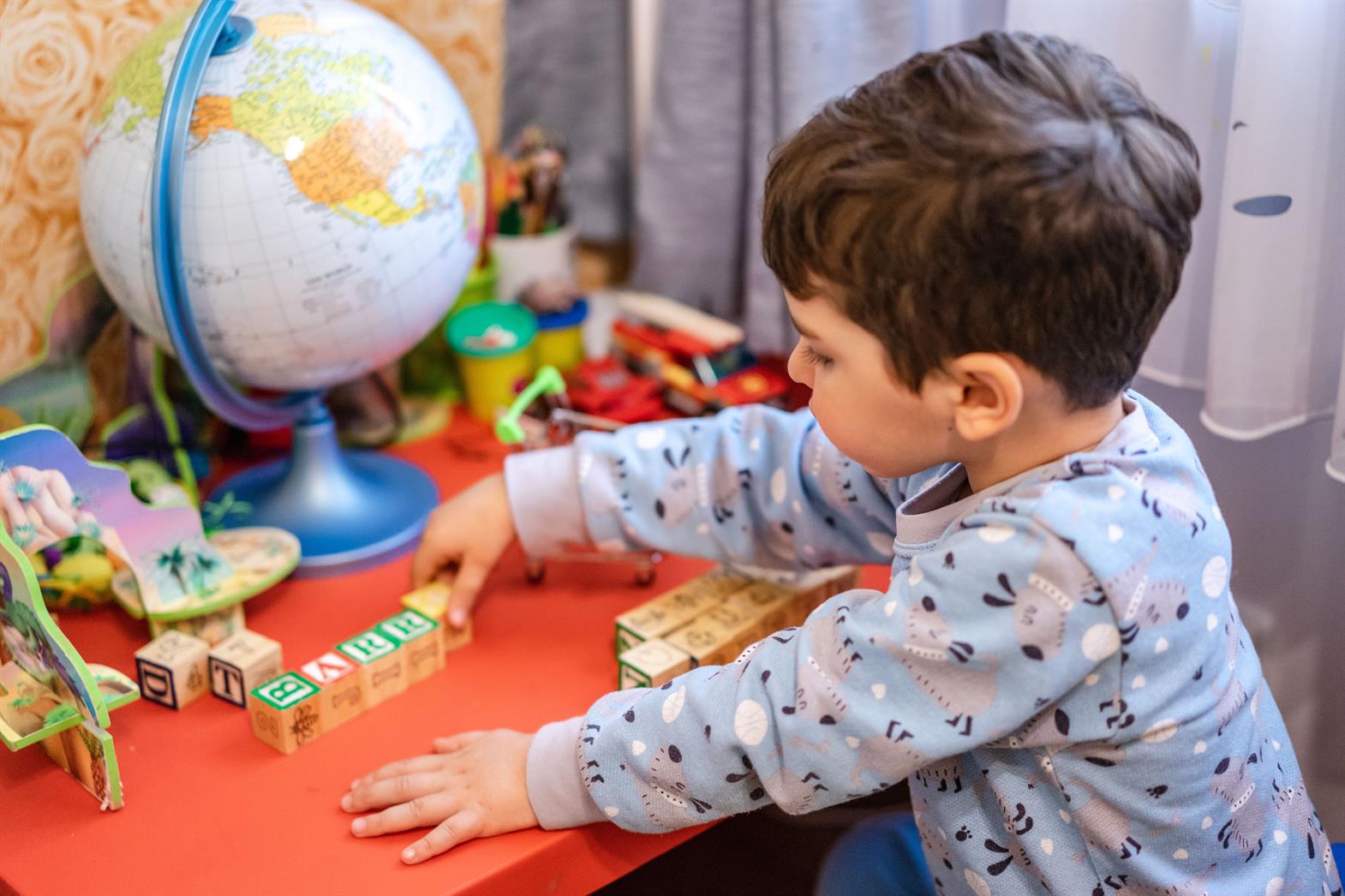
Individuals with autism and their families who live in rural and remote communities can face barriers to accessing needed services. However, these communities may also have the potential to form partnerships among community members that offer important support and a “sense of community”.

Many children who live in remote areas do not have the benefit of regular visits from professionals and/or therapists. Support staff may also be hard to find. This webinar will give some practical tips for families who find themselves in this situation.
Supporting Individuals Working with Young Children with Special Needs in Rural and Remote Areas
This is a six-module course aimed at people in rural, remote, and northern Canada who work with, or considering working with, children who have special needs.

This Module addresses the following:
- Understanding the scope of practice of an individual working with children with autism and other exceptionalities.
- Determining appropriate boundaries in this work, and the importance of confidentiality, and
- Promoting self-care.

This Module addresses the following :
- Stages of typical child development, including brain development,
- Some similarities and differences between autism and other exceptionalities, et
- Some general signs and characteristics of Autism Spectrum Disorder.

This Module will assist learners to:
- Understand processes of care and support,
- Know how to interpret goals in Individual Program Plans (IPP), and
- Be able to work towards goals in day-to-day routines.

This Module will assist learners to:
- Develop an understanding of the stages of typical speech and language development,
- Be able to explain and utilize a variety of techniques to enhance language skills, and
- Understand emotion words and how to encourage their use with children.

This Module will assist learners to:
- Have an understanding of the concepts of sensory processing differences and self-regulation,
- Have an understanding of the influence the environment can have on children and their behaviour, and
- Be able to explain and demonstrate a variety of techniques to support children in self-regulating.

This Module will assist learners to:
- Describe how attachment and self-esteem relate to guiding children’s behaviour,
- Describe and utilize the “ACT” approach to children’s behaviour, and
- Use the “ABC” approach to determine the function of a child’s behaviour, and learn to modify the child’s environment/approach (according to that specific behaviour) in order to encourage more positive outcomes.
Supporting the Mental Health of Autistic People Living in Rural and Remote Communities
This is a 3-part series aiming to promote positive mental health in rural and remote communities. Together with autistic people, parents, and caregivers of autistic people, and mental health professionals, the authors created various activities with information and evidence-informed strategies that can be used at any time.

This toolkit is designed for autistic youth and adults who may be struggling with their mental health or who are looking for tools and strategies they can try at any time.

This toolkit is designed for parents and caregivers of autistic children, youth, and adults who may be struggling with their mental health or who want more information on what mental health means for rural and remote communities. Activities in this toolkit are designed for individuals across the lifespan.

This toolkit is designed for community professionals (e.g., librarians, teachers, coaches, etc.) who support autistic children, youth, and adults who may be struggling with their mental health or who want more information on what mental health means.


